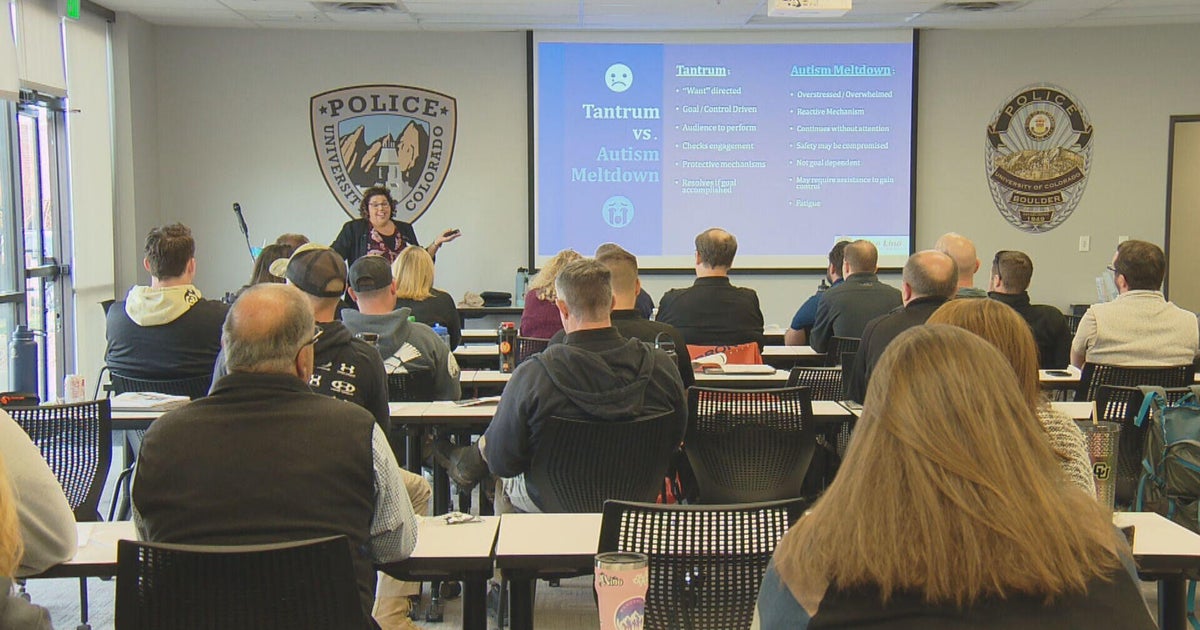Colorado Cops Get Mental Health Boost: Not Everyone's Showing Up

A groundbreaking training initiative in Colorado is making significant strides in equipping law enforcement with critical skills to compassionately interact with individuals experiencing mental health challenges and disabilities. While some police departments and sheriff's offices have enthusiastically embraced the program, others remain hesitant to participate.
The specialized training aims to bridge the gap between law enforcement and vulnerable community members, providing officers with essential techniques to de-escalate potentially volatile situations and respond with empathy and understanding. By focusing on communication strategies and awareness, the program seeks to reduce misunderstandings and improve overall community safety.
Early indicators suggest that departments actively participating in the training are seeing positive results, with more nuanced and compassionate responses to mental health-related calls. However, the uneven adoption across different jurisdictions highlights the ongoing need for broader awareness and support of such critical professional development programs.
